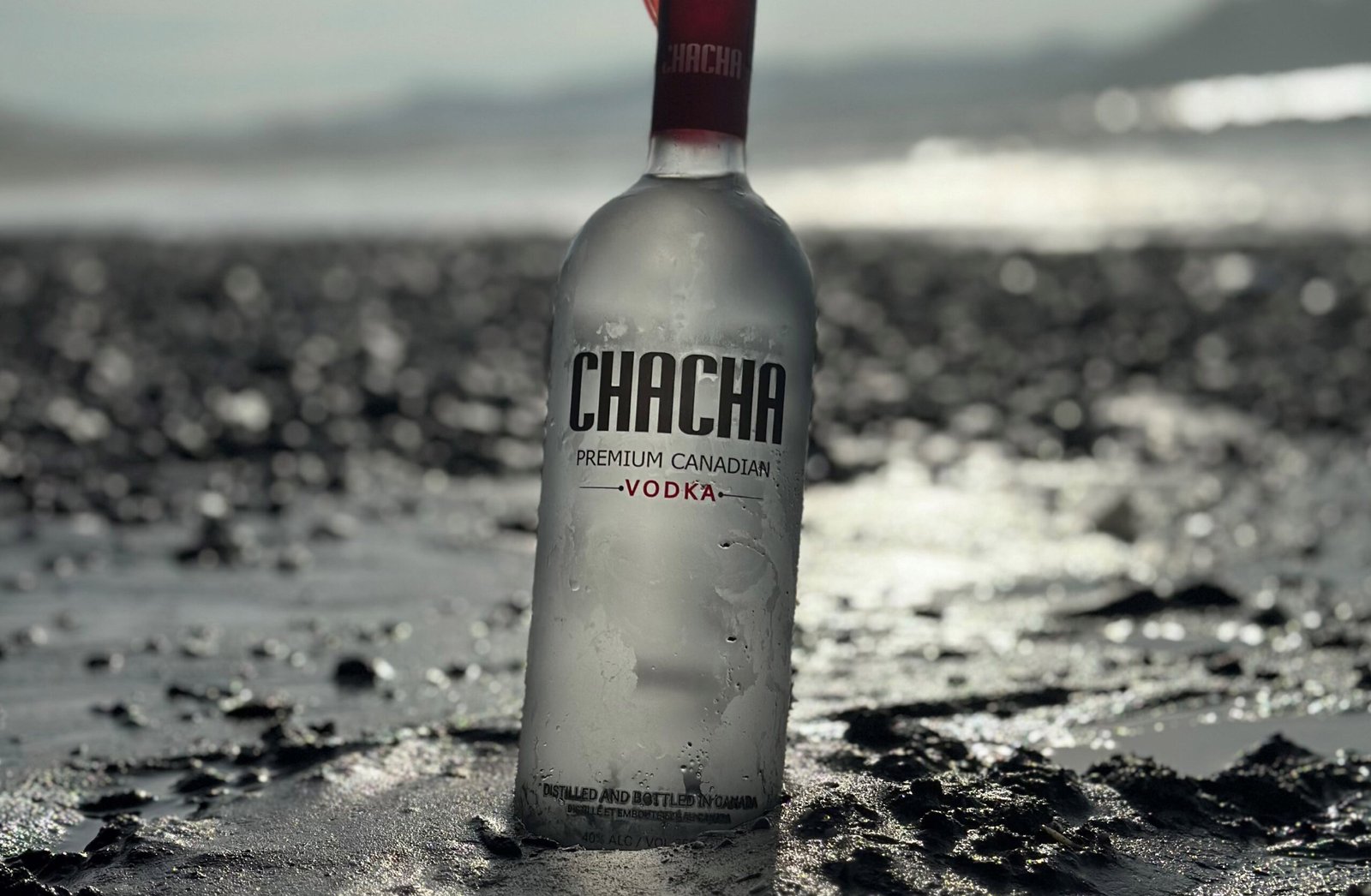The Prohibition of alcohol in the United States, which led to the era of bootlegging, was the result of a complex interplay of social, economic, and political factors that had been building for decades before the enactment of the 18th Amendment in 1920. Here are the key reasons behind Prohibition and the subsequent rise of bootlegging:
### Reasons for Prohibition
1. **Temperance Movement:** The temperance movement, which advocated for the moderation or complete abstinence from alcohol, gained momentum in the 19th century. This movement was driven by various social, religious, and moral reasons. Activists believed that alcohol was responsible for many societal problems, including poverty, crime, mental illness, and breakdowns in family structure.
2. **Anti-Saloon League and Women’s Christian Temperance Union:** Organizations like the Anti-Saloon League (ASL) and the Women’s Christian Temperance Union (WCTU) were instrumental in lobbying for Prohibition. They were very effective in their efforts, managing to link the consumption of alcohol with widespread social issues and convincing lawmakers to take legislative action against it.
3. **World War I:** The war played a significant role in the push for Prohibition. Anti-German sentiment made breweries, many of which were German-owned, targets of patriotic and temperance campaigns. Additionally, the war effort required significant sacrifices, and the conservation of grain for food production was touted as a reason to ban alcohol production.
4. **Moral and Economic Arguments:** Proponents of Prohibition argued that banning alcohol would lead to a more moral and productive society. They claimed that it would reduce crime, family violence, and the number of accidents at work, leading to economic benefits for society at large.
### Rise of Bootlegging
1. **Demand for Alcohol:** Despite the ban, the demand for alcohol remained high across various segments of American society. People were still interested in consuming alcohol, both for leisure and as a part of socializing, leading to the search for illegal means to obtain it.
2. **Lack of Enforcement:** The task of enforcing Prohibition was monumental and ultimately underfunded. The Volstead Act, which provided the legislation to enforce the 18th Amendment, was difficult to enforce, especially in rural areas and along the vast borders of the United States.
3. **Organized Crime:** The prohibition of alcohol created a lucrative opportunity for organized crime to step in and supply the demand. Gangs and mobsters organized complex smuggling and distribution networks to bring illegal alcohol into the country and produce it domestically. This period saw a significant rise in the power and wealth of figures like Al Capone, who made fortunes from bootlegging.
4. **Innovation in Alcohol Production and Smuggling:** Bootleggers became increasingly sophisticated in their methods for producing and smuggling alcohol. This included everything from using hidden compartments in vehicles to running clandestine distilleries and breweries.
Prohibition ultimately proved to be counterproductive in many ways, leading to an increase in crime and corruption, the proliferation of unsafe bootlegged alcohol, and significant loss in tax revenue. These issues, among others, contributed to growing public disillusionment with Prohibition, eventually leading to its repeal in 1933 with the 21st Amendment.
MORE INFORMATION
The history of bootlegging alcohol in the United States and Canada is a fascinating aspect of the early 20th century, shaped largely by Prohibition in the United States from 1920 to 1933. This period, defined by the 18th Amendment to the U.S. Constitution, made the manufacture, transportation, and sale of alcohol illegal, though consumption itself was not prohibited. The era gave rise to a significant underground economy centered around the illegal production and distribution of alcohol, known as bootlegging.
**In the United States:**
– **Rise of Organized Crime:** The Prohibition era saw a significant rise in organized crime, as criminal gangs took control of the bootlegging industry. Notorious gangsters like Al Capone in Chicago became incredibly wealthy and influential by running vast bootlegging, smuggling, and speakeasy operations.
– **Smuggling Routes:** Alcohol was smuggled into the U.S. from various sources. Canada, the Caribbean, and Europe were major suppliers. Rum-running, the smuggling of rum and other liquors by sea, became particularly common, with smugglers using fast ships to outrun Coast Guard cutters.
– **Speakeasies:** Illegal bars called speakeasies sprang up in cities across the country, offering a place for people to drink clandestinely. These establishments ranged from dingy hideaways to elaborate nightclubs that featured jazz music and dancing.
– **Homemade Liquors and Moonshine:** The demand for alcohol led to the widespread production of homemade liquors, often referred to as moonshine. This was particularly common in rural areas and was associated with significant risks due to the lack of quality control, leading to cases of poisoning.
**In Canada:**
– **Legal Production, Illegal Export:** Canada had its own forms of Prohibition during this time, but these laws varied significantly by province and were generally less strict than in the U.S. The production of alcohol remained legal in some provinces, and Canadian distilleries produced large quantities of liquor legally that was then smuggled into the United States.
– **Windsor-Detroit Smuggling:** One of the most active smuggling routes was across the Detroit River between Windsor, Ontario, and Detroit, Michigan. The proximity of these two cities made it a hotbed for smuggling operations.
– **Impact on Canadian Society:** While Canada benefited economically from the demand for alcohol in the U.S., the era also saw a rise in organized crime in Canadian cities. Canadian gangsters and the Mafia played significant roles in the cross-border liquor trade.
**End of Prohibition:**
Prohibition ended in 1933 with the ratification of the 21st Amendment, which repealed the 18th Amendment. This led to the legalization and regulation of the alcohol industry in the United States. In Canada, Prohibition laws had already been repealed in most provinces by the late 1920s, transitioning back to regulated alcohol sales.
The era of bootlegging left a lasting legacy on both sides of the border, influencing everything from the rise of organized crime to changes in social attitudes toward alcohol and its regulation.


